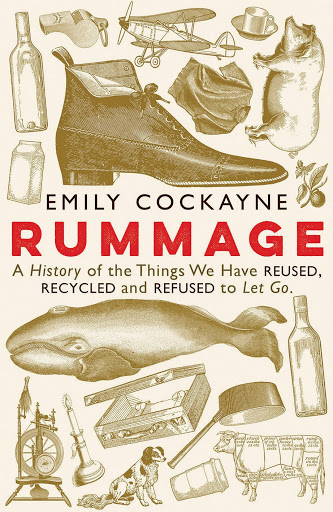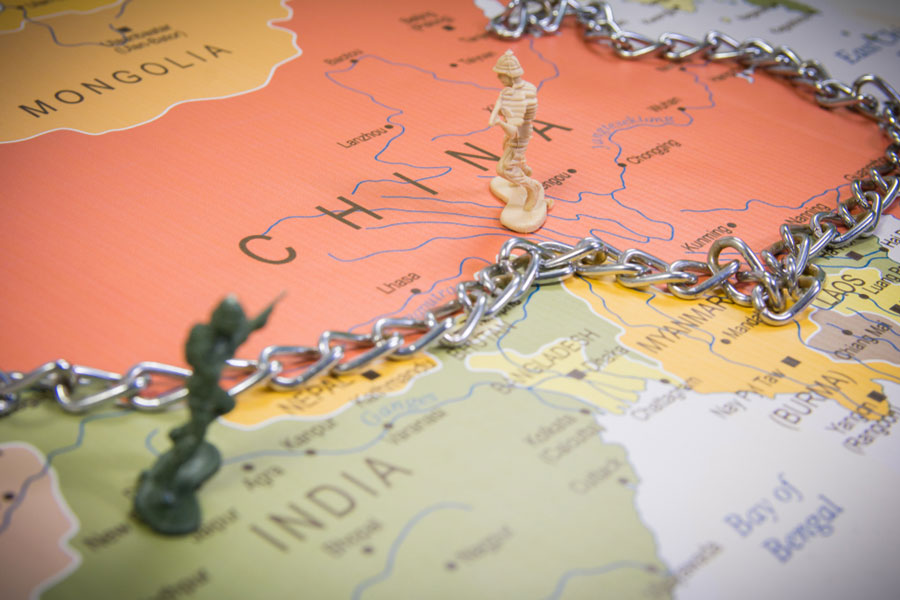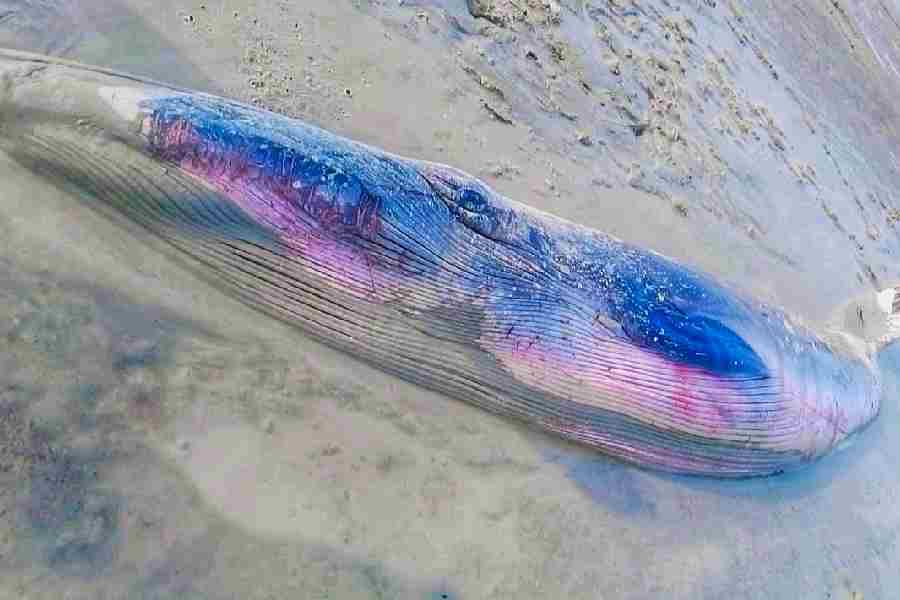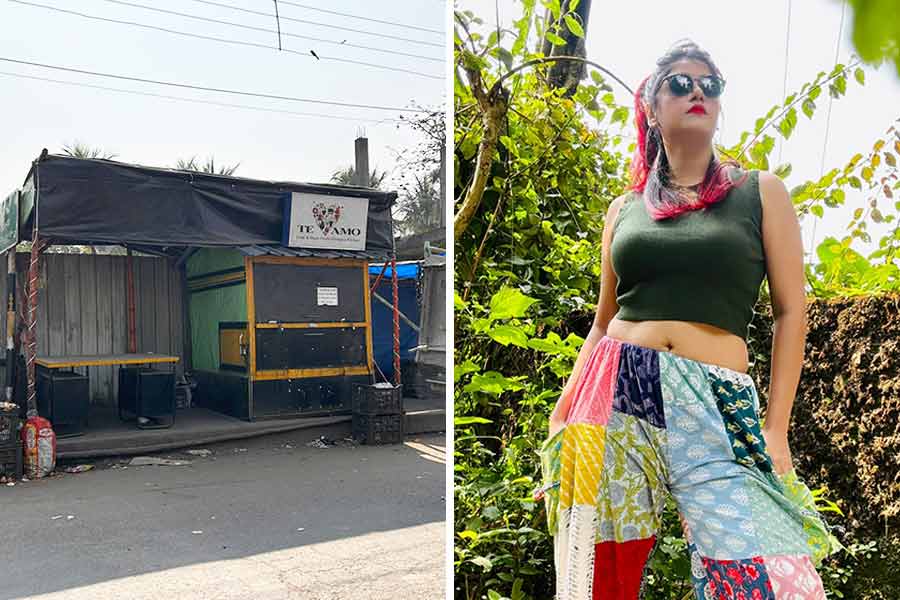Book: Rummage: A History of the Things We Have Reused, Recycled and Refused to Let Go
Author: Emily Cockayne
Publisher: Profile
Price: £16.99
Jugaad — the practice of using limited resources inventively — is thought to be a peculiarly Indian tradition. The way the aam aadmi recycles knick-knacks, prolonging their longevity and, often, transforming them into entirely new products, has been held up as evidence of subcontinental innovation. In Rummage, Emily Cockayne demonstrates that thrift and ingenuity are universal: Britons — the subjects of Cockayne’s research — can justifiably claim that they too are masters in the art of jugaad.
Reuse, Cockayne argues, does not involve random acts of selection. It is often a response to extraneous conditions such as conflict — British troops in Egypt wearing trousers made out of flour bags had raised nationalist tempers — and deprivation: the disparity between industrial output and demand, Cockayne shows, ‘domesticized’ recycling. Interestingly, the ‘afterlife of material goods’, Cockayne writes, is also determined by “cultural judgment, social norms, taste and memory”.

Rummage: A History of the Things We Have Reused, Recycled and Refused to Let Go by Emily Cockayne, Profile, £16.99 Amazon
The pleasure of Rummage transcends its formidable intellectual rigour. The anecdotes — the fruit of original thinking and scintillating research — are equally illuminating. In a bold sweep, Cockayne assembles for readers such delightful tidbits as the Brontë sisters’ morbid fascination with the reuse of body parts; recycling reaching fever pitch during the Napoleonic wars with women donning roles of pioneers; the stiff upper lip of the upper classes salivating at the sparkling white sugar made from ‘bone black’ — charred remains of animal bone; the fervour around whispers of the government importing bones of fallen, foreign soldiers to fertilize Britain’s soil; generous relatives allowing their teeth to be implanted among kin — waste, as we see, seldom goes to waste. There is thus a need to view the modern thrust on reuse as a form of continuity and not as a radical point of departure.
Rummage also leaves readers pondering an elemental dilemma. Should the attachment to material products be denounced for being antithetical to collective spiritual emancipation? Or should it be nursed for the survival of the planet depends on humanity prioritizing prudence and thrift over unregulated, ugly consumption?











